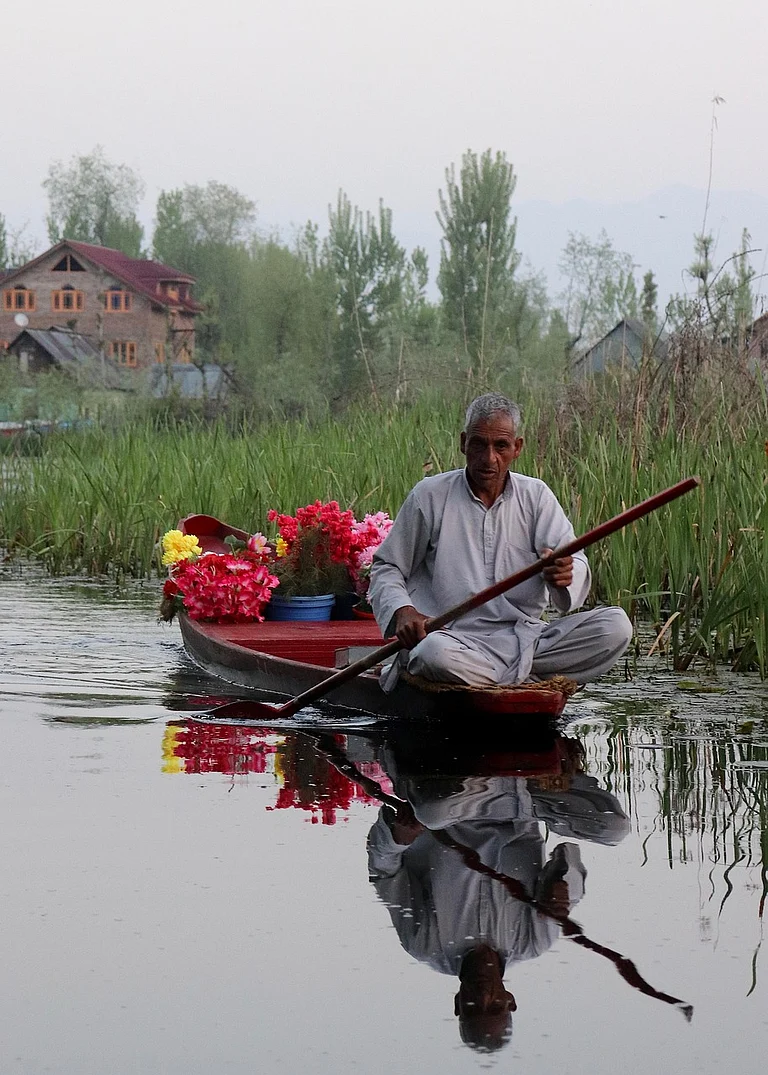You never really think your vacation will end in a no-fly zone like situation. But the headlines this week, with airports shutting down and cricket matches called off following escalating tensions between India and Pakistan, are a reminder that geopolitics can hijack even the best-laid out travel plans.
Operation Sindoor: Stranded In A War Zone? Know If You Can Count On Travel Insurance To Bail You Out
While the world watches the rising tension between India and Pakistan, many Indians currently abroad, or even those planning to leave, could be wondering: What happens if I get stuck in a country facing war or armed conflict? More importantly, does my travel insurance have my back?
Following an unfortunate terror-attack on Indian civilians in Pahalgam, Kashmir, the Indian Armed Forces launched ‘OPERATION SINDOOR’ on May 7 targeting many terrorist infrastructure in Pakistan and Pakistan-occupied Jammu and Kashmir. The official government stated that the attack was launched on bases where terrorist attacks against India have been planned and directed.
Soon after this military action, the conflict between both the nations escalated quickly resulting in the halt of many services in India including the shutting down of airports, cancellation of IPL matches.
While the world watches the rising tension between India and Pakistan, many Indians currently abroad, or even those planning to leave, could be wondering: What happens if I get stuck in a country facing war or armed conflict? More importantly, does my travel insurance have my back?
The answer, as it turns out, is not reassuring.
“Most standard travel insurance policies carry iron-clad exclusions for war, rebellion, civil unrest, and terrorism,” says Manju Dhake, Senior Vice President, Insurance Advisory at 1 Finance.
In simpler terms: If you are caught in a country that suddenly tips into conflict, whether it is a declared war or not, your insurance plan may not cover it. “These exclusions mean that if a traveller is stranded in a country facing a war-like situation, their insurance is unlikely to cover evacuation, medical treatment, or trip interruption,” Dhake notes.
The legalese in your policy probably uses phrases like “losses directly or indirectly arising from war (declared or undeclared), invasion, military action, or civil commotion.” That "indirectly" is the real kicker. Even if your injury or loss wasn’t because of the conflict but just happened to occur while the situation was unfolding, your claim could still be rejected.
Adds Dhake: Acts of terrorism and any related consequences, such as evacuation attempts or government crackdowns, are also not covered. “Even if multiple factors contribute to a loss, any connection to such events can void a claim. The burden of proving otherwise lies with the policyholder.”
This means that the burden of proof falls on you if any part of the situation can be traced back to the conflict - wherein the insurers can deny the claim.
So, what about add-ons or premium policies that promise ‘political risk’ coverage?
They are rare and not a catch-all solution. Some insurers may offer limited coverage for emergency evacuation due to political unrest, but these are the exceptions, not the norm. Even then, the scope is tightly defined, and any active military conflict or government-sanctioned war typically voids that too.
“In a crisis, repatriation is usually handled through government rescue operations, not private insurance,” Dhake notes.
Repatriation, when it happens in war-like zones, is often coordinated by national governments through embassies and special rescue missions. As we saw during the Ukraine crisis or the Afghanistan pull-out, it's rarely the private sector stepping in.
For Indian travellers, this means monitoring travel advisories isn’t just good sense, it’s essential.
The Ministry of External Affairs and embassies abroad often issue updated guidance, and ignoring it could even impact your insurance eligibility. Travelling to a country against such advice could render your policy practically useless.
Bottom line? If you're booking international travel in today's climate of uncertainty, make sure you’re not lulled into a false sense of security by that checkbox that says "travel insurance included."
Read the fine print. Check the exclusions. And keep your embassy’s number handy. Because if things go south while you are away, it might be diplomacy, not insurance, that brings you home.
“Travellers are strongly advised to review policy exclusions carefully and avoid destinations with active advisories or conflict,” Dhake states.


